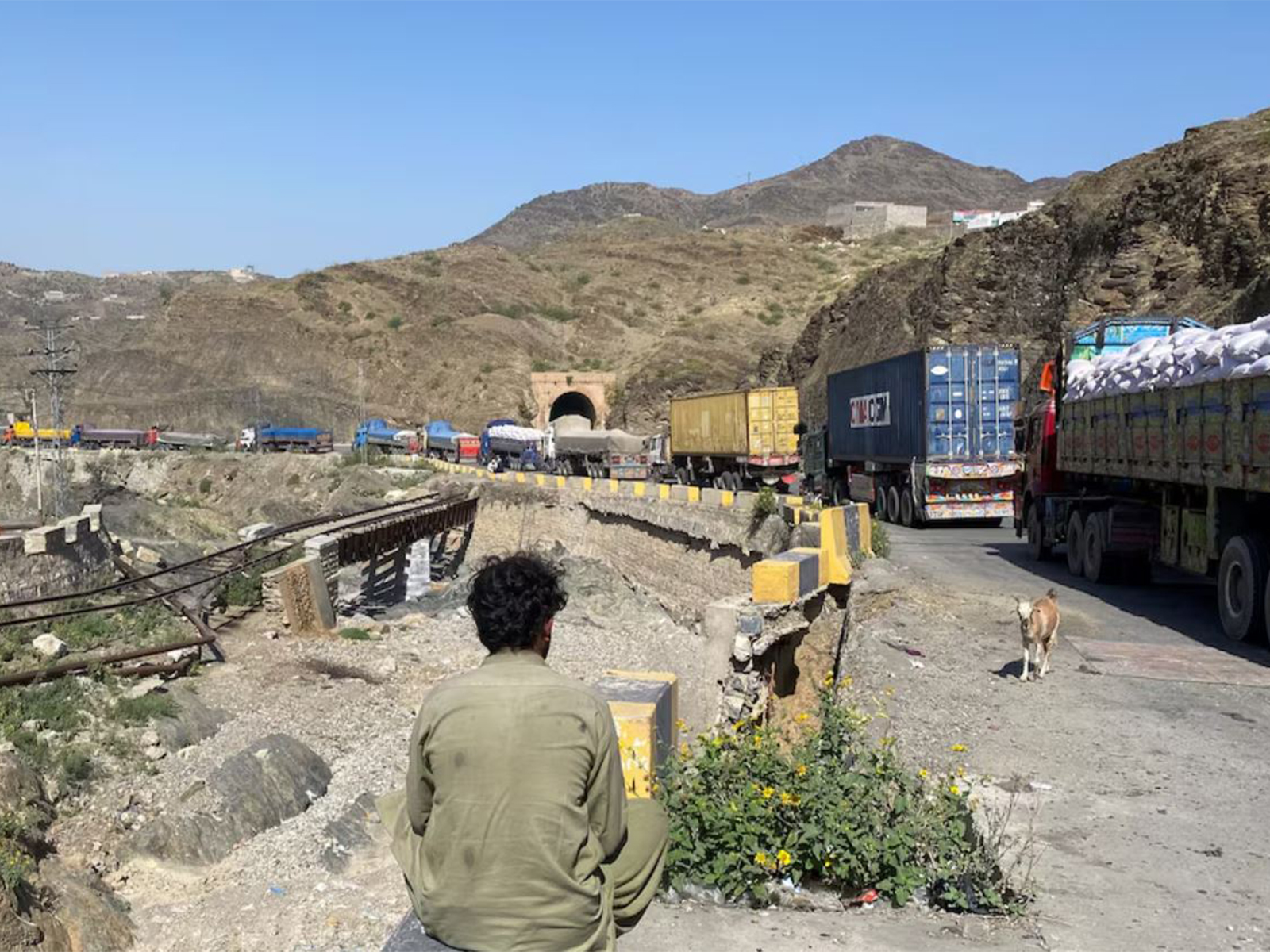Pakistan's Border Policies: Instruments of Suffering and Collapse
The Human Rights Commission of Pakistan's latest report accuses the country of using border policies to undermine social structures in Khyber Pakhtunkhwa and Balochistan. The study highlights the adverse effects of Pakistan's passport-visa regime and the Durand Line fencing, which have devastated communities and local economies, urging policy reform.

- Country:
- Pakistan
In a scathing report, the Human Rights Commission of Pakistan (HRCP) accuses the government of weaponizing border management policies, creating widespread social devastation in Khyber Pakhtunkhwa and Balochistan. The report, "When Policy Divides," outlines the harsh impacts of Pakistan's post-2023 passport-visa regime and Durand Line fencing on local livelihoods.
The report estimates that 20,000 to 25,000 people, comprising laborers, traders, drivers, and families, lost their primary income source following the enforcement of the "one-document policy." This once crucial economic lifeline is now choked by bureaucratic challenges and corruption, erasing the middle class of areas like Chaman.
Moreover, the report underscores dire human impacts, including children endangering themselves while smuggling goods and families being unable to perform critical rituals due to movement restrictions. Over 25,000 CNICs of border residents have been blocked, heightening their isolation.
Displaced communities remain in limbo, and local corruption filth customs officials, and Frontier Corps personnel, are implicated in fostering illegal trade while oppressing the impoverished. HRCP presses for the reintroduction of traditional Rahdari and Labour cards, managed visa-free crossings, and jointly managed trade zones.
The report concludes that Pakistan's security-focused militarized approach to border policies has transformed thriving regions into areas of resentment and despair. As it starkly warns, "A fence cannot secure a country if it cuts through its own people."
ALSO READ
-
Operation Fury: Battling Terror Amidst Chaos in Khyber Pakhtunkhwa
-
Unearthing History: Ancient Sites Discovered in Khyber Pakhtunkhwa
-
Intensified Clashes: Security Forces Target Militants in Khyber Pakhtunkhwa
-
IED Attack on Police Convoy Sparks Tensions in Khyber Pakhtunkhwa
-
IED Attack Shakes Police Convoy in Khyber Pakhtunkhwa









